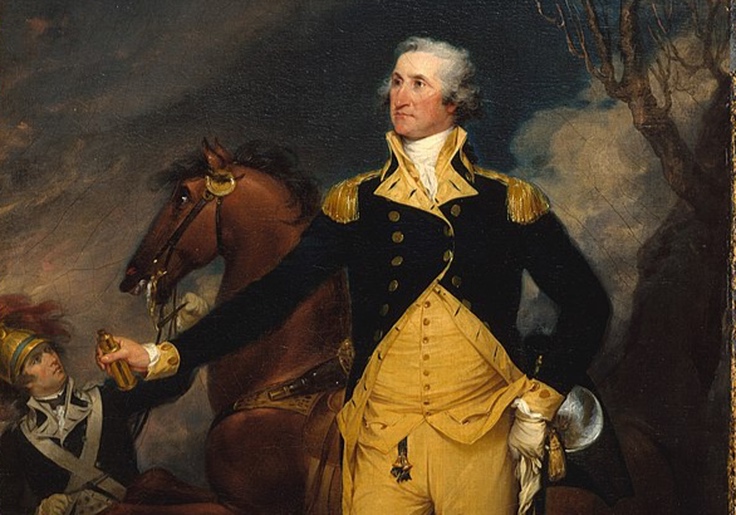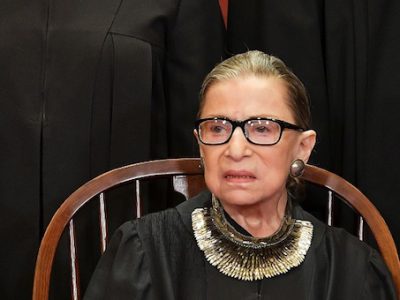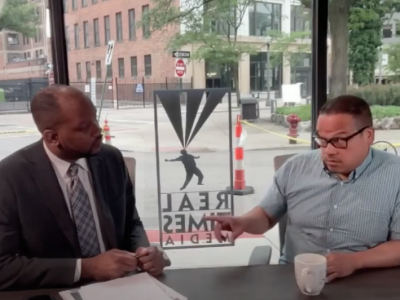The Supreme Court on Thursday struck down affirmative action at universities, breaking the hearts of elite colleges and the mainstream media all at once.
Some of their reactions were kind of racist:
Breaking News: The Supreme Court rejected affirmative action at Harvard and UNC. The major ruling curtails race-conscious college admissions in the U.S., all but ensuring that elite institutions become whiter and more Asian and less Black and Latino.https://t.co/SlMCRldkvN pic.twitter.com/flnORE7sHa
— The New York Times (@nytimes) June 29, 2023
Some lamented the end of diversity as we know it:
BREAKING: @NBCNews Special Report: Supreme Court bars affirmative action in college admissions in a major blow to diversity efforts. https://t.co/8ohLwlWBGg https://t.co/Eqrn84qZri
— NBC News (@NBCNews) June 29, 2023
.@majorcbs lists eight states where using race as a factor in college admissions has been banned.
"There are real world examples of where if you take race out of the equation... it is very hard to reach these goals of diversity that colleges... have set for themselves" pic.twitter.com/wIva8YflIW
— CBS News (@CBSNews) June 29, 2023
- NBC News: "Supreme Court Strikes Down College Affirmative Action Programs":
The Supreme Court on Thursday struck down affirmative action programs at the University of North Carolina and Harvard in a major victory for conservative activists, ending the systematic consideration of race in the admissions process....
The decision was condemned by liberals who argue that affirmative action is a key tool for remedying historic race discrimination....
The court’s decision is a major blow to the most selective universities that say some consideration of race is vital in ensuring they have diverse student bodies.
The small number of schools that have extremely competitive admissions programs are the most affected. They have predicted that rulings against the colleges will lead to a significant drop in the enrollment of minority students and require admissions officers to experiment with new race neutral plans intended to counteract the impact.
The media had been preparing for this ruling for weeks:
- Politico: "How the Supreme Court’s Decision on Affirmative Action May Change the Future of College":
The Supreme Court seems destined to end its term with a big rollback of the tool colleges employ to boost racial diversity on their campuses.
What’s unclear is how schools fashion race-neutral workarounds to fill that gap — or if the ruling pushes colleges to retreat on a goal that’s been a priority for decades.
- NBC News: "Looming Supreme Court Affirmative Action Ruling Has Elite Colleges on Edge":
Late June is normally a peaceful time on college campuses. Not this year.
On Zoom calls, in working groups and in text chains, officials at elite schools are anxiously preparing. Within days, the Supreme Court could bar them from considering race as a factor in the admissions process....
Schools can’t use quotas or set-asides, the court has ruled, but once students check boxes that indicate their race or ethnicity, those part of their identities can be taken into account. Until now, the court’s proffered justification has been that certain "educational benefits" flow from a diverse student body, but a majority of justices have also ruled that lower courts must scrutinize whether schools have tried "race-neutral" alternatives.
For nearly as long as affirmative action has existed, it has had its conservative detractors on the court. The most vocal has been Justice Clarence Thomas, whose former law clerks are now arguing the cases against the schools that the court is about to decide....
The problem, schools say, is the alternatives to race simply don’t produce the same results. Femi Ogundele, the dean of undergraduate admissions at the University of California, Berkeley, says he has seen that firsthand. California is one of nine states that banned the use of affirmative action for public universities. In the immediate aftermath, selective schools in the state had a 50% decline in Black and Latino students admitted. Those numbers have never rebounded.
- Associated Press: "The Supreme Court’s Biggest Decisions Are Coming. Here’s What They Could Say.":
The survival of affirmative action in higher education is the subject of two related cases, one involving Harvard and the other the University of North Carolina. The Supreme Court has previously approved of the use of affirmative action in higher education in decisions reaching back to 1978. But the justices’ decision to take the cases suggested a willingness to revisit those rulings. And when the high court heard arguments in the cases in late October, all six conservative justices on the court expressed doubts about the practice.
The Biden administration has said that getting rid of race-conscious college admissions would have a "destabilizing" effect that would cause the ranks of Black and Latino students to plummet at the nation’s most selective schools.
The press has already started worrying about what the decision could mean for the future of corporate racism:
Now that the Supreme Court has struck down the use of race-conscious admissions at universities, conservative groups say that the private sector should get ready for further challenges to their diversity, equity and inclusion — or DEI — initiatives. https://t.co/UksvWJvBdi
— The Washington Post (@washingtonpost) June 29, 2023
Ruling on college admissions could fuel attacks on corporations' diversity efforts https://t.co/z5RJzPUiuV
— POLITICO (@politico) June 29, 2023












